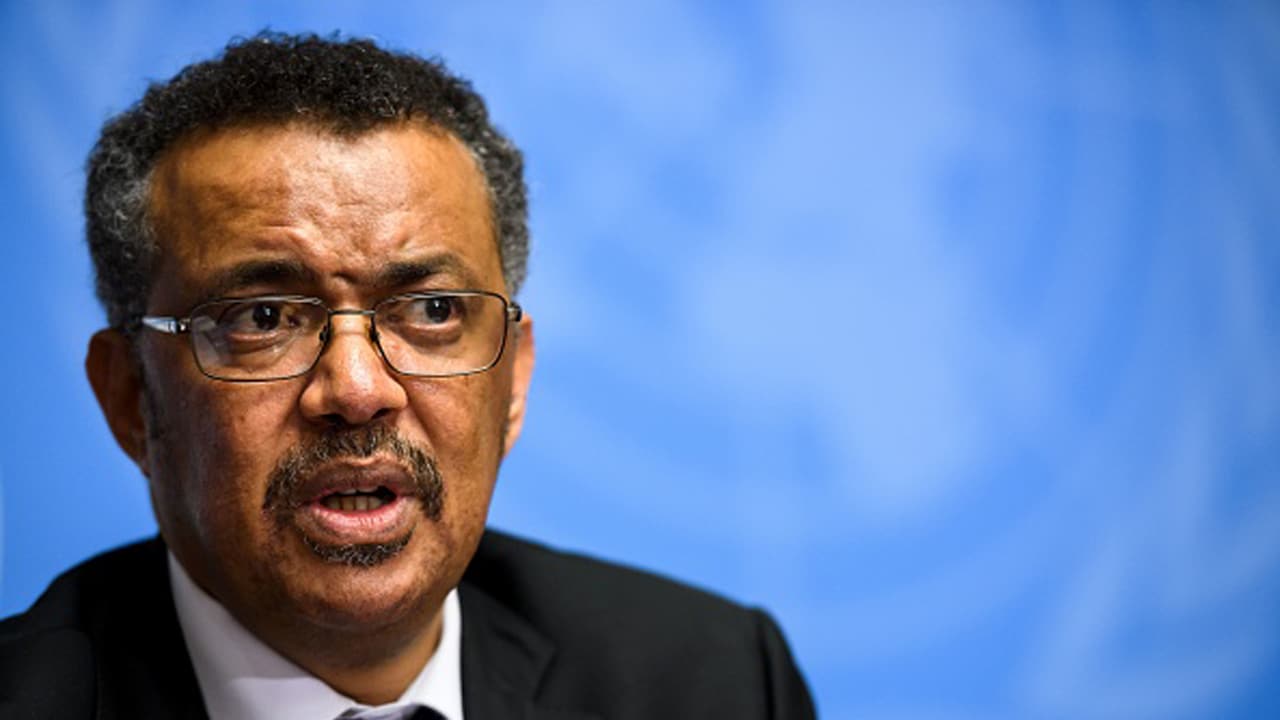WHO call to fund COVID-19 equipment for poor countries falls short by 16.8 bn dollars- Technology News, Firstpost

Agence France-PresseJul 07, 2021 13:43:31 IST
The World Health Organization’s global appeal for funding for coronavirus vaccines, treatments, diagnostics and equipment is still $16.8-billion short — almost half its total needs, the WHO said Tuesday.
The funding shortfall comes amid a widening gap between rich and poor nations in their ability to fight the pandemic, with access to vaccines woefully uneven.
WHO chief Tedros Adhanom Ghebreyesus, sounding an alarm on the gap in access to resources, warned that the pandemic remained in a “very dangerous phase” more than 18 months in.
“The countries that are now opening up their societies are those that have largely controlled the supply of life-saving of personal protective equipment, tests, oxygen, and especially vaccines,” he said Tuesday at a member state briefing on the WHO’s Access to Covid Tools Accelerator (ACT-A) programme. “Meanwhile, countries without access to sufficient supplies are facing waves of hospitalisations and death.”
ACT-A is an internationally coordinated scheme aimed at developing, producing, procuring and distributing weapons to combat the pandemic.
It has received pledges of $17.7 billion for 2020-21, but needs the remainder by the end of this year.
Some $8.1 billion of the remaining $16.8 billion is needed urgently, WHO said.
Covax shortage
ACT-A gave birth to the Covax facility, designed to ensure poorer countries could access eventual vaccines, fearing a scramble for jabs.
More than 3.25 billion doses of Covid-19 vaccines have been injected in at least 216 territories around the world, according to an AFP count.
Across the countries defined as high income by the World Bank, 84 doses have been injected per 100 inhabitants.
But just one dose has been administered per 100 inhabitants in the 29 lowest-income countries.
Covax on Tuesday hit the landmark of distributing 100 million vaccine doses, across 135 participating territories.
WHO chief scientist Soumya Swaminathan said that figure should have been between 300 and 400 million by this stage.
The scheme expects a surge of doses to become available between the end of September and January 2022, as more vaccines enter the programme, which has so far been almost entirely reliant on AstraZeneca jabs.
Tedros wants 10 percent in every country vaccinated by September and 40 percent by the end of the year.
Some of the main vaccine producers sounded a positive note at Tuesday’s funding conference.
Pfizer chairman Albert Bourla said the firm’s goal was to provide two billion doses of its Covid-19 vaccine to low- and middle-income countries over the next 18 months.
“We can see the light at the end of the tunnel,” he said.
Paul Stoffels, Johnson and Johnson’s chief scientific officer, said the first deliveries of J&J’s single-shot vaccine would reach Covax countries this week.
; if(!f._fbq)f._fbq=n;n.push=n;n.loaded=!0;n.version='2.0'; n.queue=[];t=b.createElement(e);t.async=!0; t.src=v;s=b.getElementsByTagName(e)[0]; s.parentNode.insertBefore(t,s)}(window,document,'script', 'https://connect.facebook.net/en_US/fbevents.js'); fbq('init', '259288058299626'); fbq('track', 'PageView');
For all the latest Technology News Click Here
For the latest news and updates, follow us on Google News.

